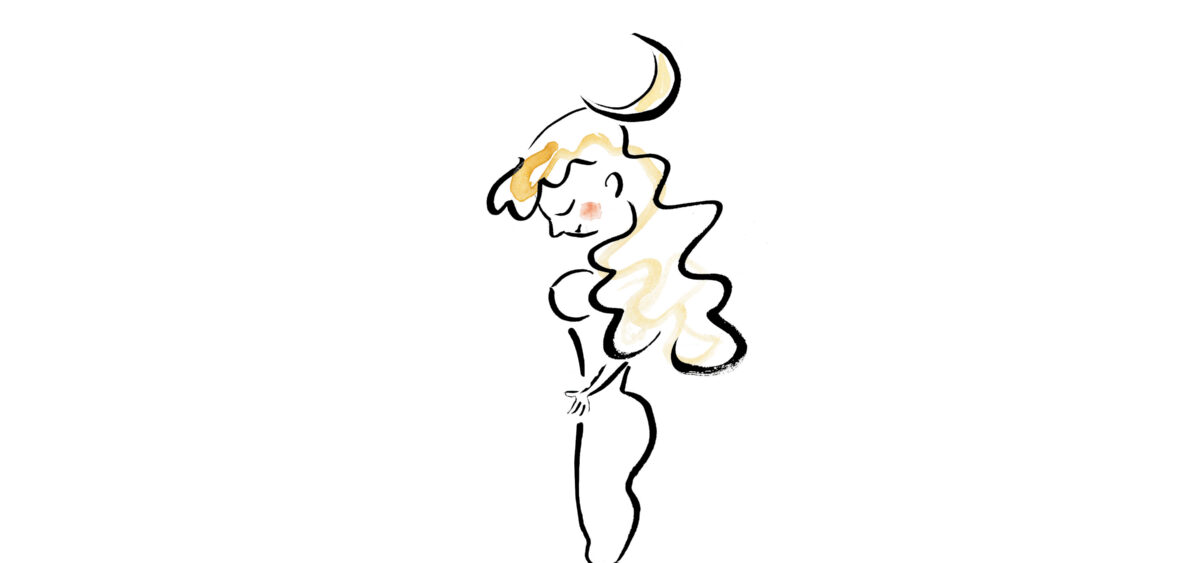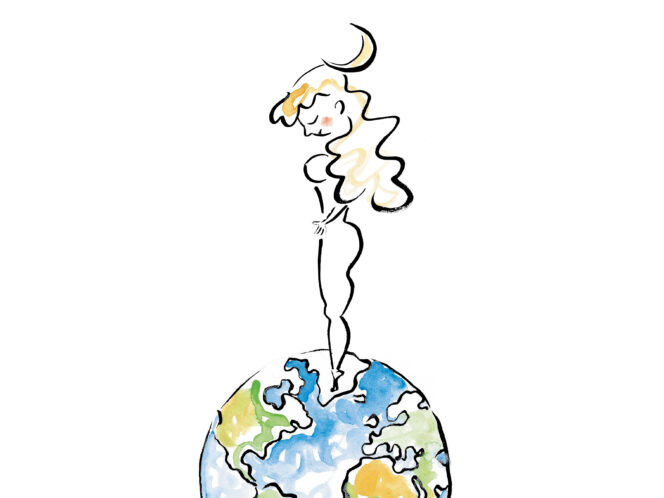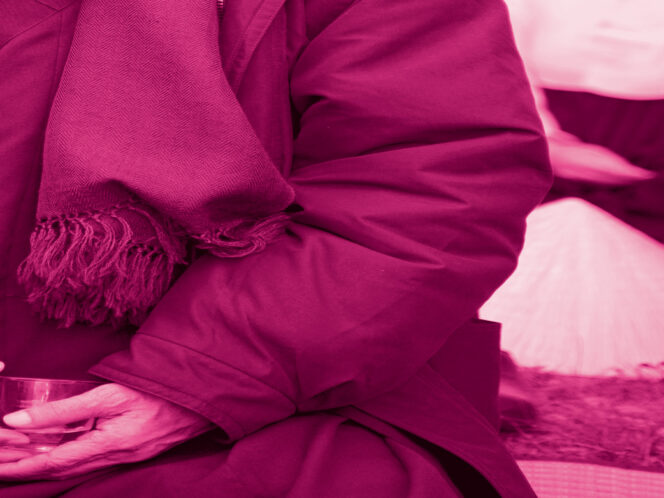He was a pacifist, who for his work on behalf of world peace was nominated for the Nobel Prize and chased out of his own country. His non-judgemental approach was a gift; he preferred to concentrate on forgiveness and empathy. That’s what he taught all his life. Thích Nhất Hạnh, a Buddhist monk from Vietnam, the spiritual father of mindfulness, died in January. But can somebody who didn’t believe in death really die?
Following the teachings of the Buddha, Nhất Hạnh didn’t identify with the 95-year-old body he inhabited, nor with its limitations. For eight years, he didn’t speak; an extensive cerebral haemorrhage took that possibility from him. A valued teacher and polyglot, who spoke seven languages fluently (including Pali, Sanskrit, French and English), communicating with his surroundings from that point on using gestures, and was confined to a wheelchair. He didn’t flee from suffering; he probed its nature, convinced that only studying pain allows one to feel the fullness of life and true happiness. Long before he started to weaken physically, he taught that life is existence without borders: if we are never born, we never die. He rejected the concept of death and the fear, widespread among people, that this moment means annihilation. He said over and over that birth and the end of life are mental concepts, illusions. The prescription for freedom from fear of death was the understanding that we’re indestructible. As he taught, only this awareness can bring relief, open up the path to enjoying life and appreciating it.









